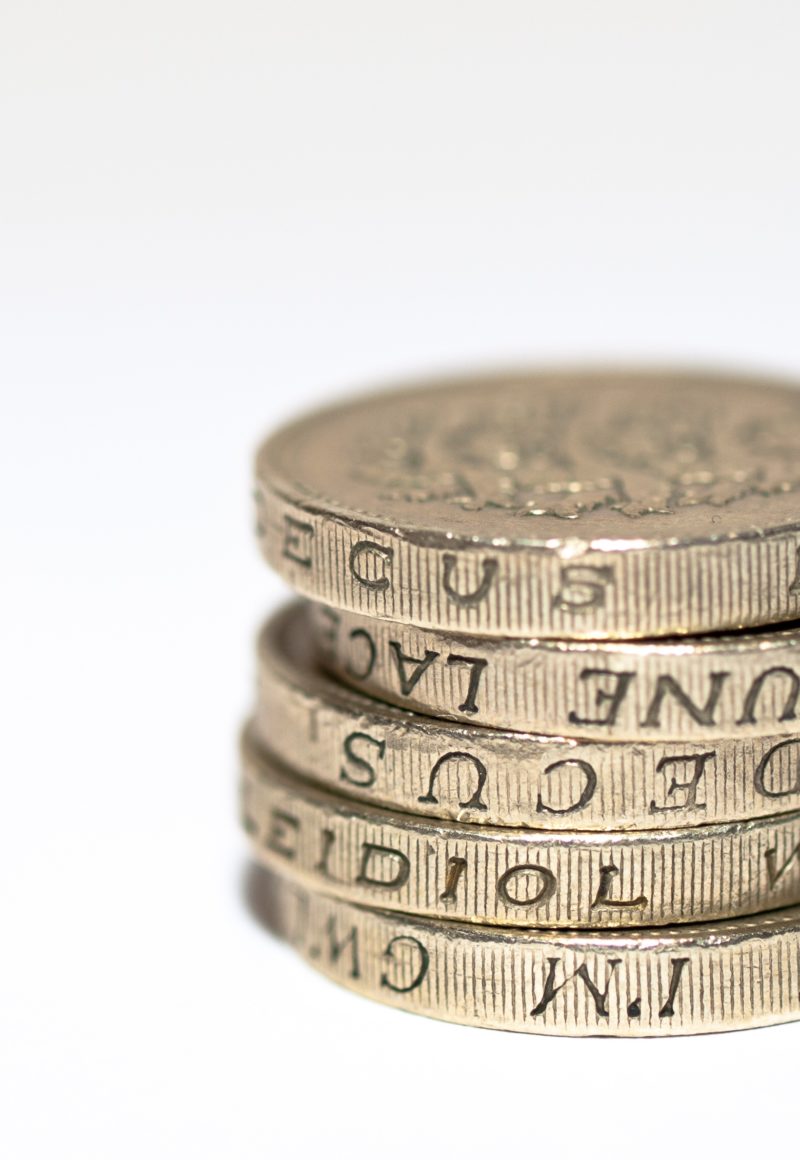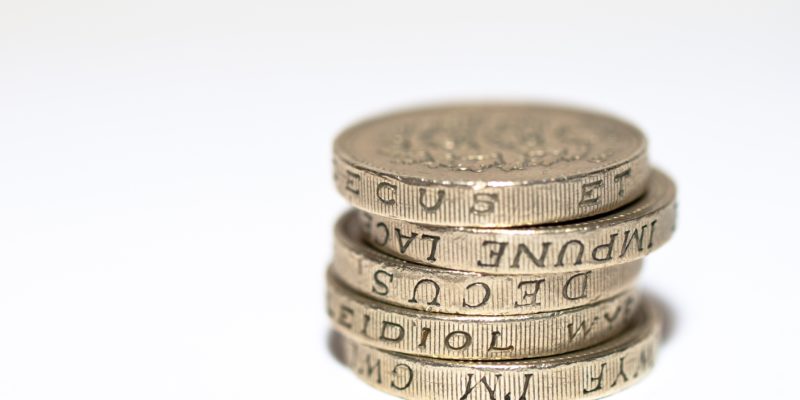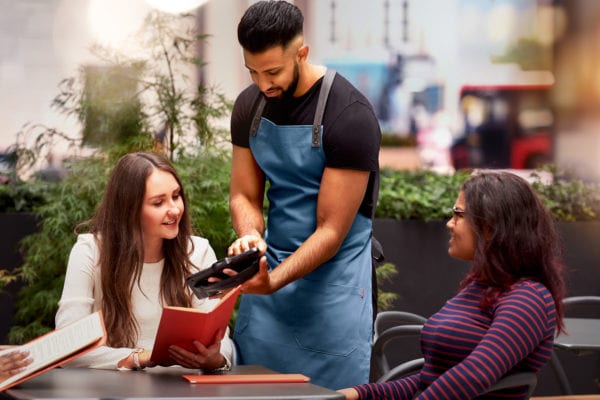Skift Take
We looked at this in a Megatrend this year and expect the payment divide to continue to be a dominant issue this year.
— Jason Clampet
A defense of cash is now being mounted in the U.K.
With about 5 percent of the adult population of Britain still reliant on notes and coins for almost all their day-to-day payments, campaign group Positive Money is calling on the government to enshrine consumers right to pay with cash and protect ATMs from closure.
It argues that it is discriminatory to limit customers’ choice, since some groups – such as the elderly, people without bank accounts and those with low or irregular incomes – may not be able to access other forms of payment.
“As is already the case in countries like Sweden, shops and restaurants will increasingly refuse to accept cash, putting products and services out of reach for potentially millions of people,” a Positive Money report said Tuesday. “Government should update the legal definition of legal tender, to require retailers to accept cash as a means of payment.”

It’s not only about fair access though. The group — which is known for holding protests against the Bank of England’s quantitative-easing program — also says people should be able to hold cash as a “risk-free form of money.”
Their concerns echo those of lawmakers in Sweden, where “no cash accepted” signs are becoming an increasingly common sight in shops and eateries. Swedish central bank Governor Stefan Ingves has said it too should consider forcing banks to provide cash to customers and is mulling the development of an official form of digital currency to work as a complement to it.
That’s an idea the U.K. campaigners are also keen to emulate:
“If people want to store their money and make payments electronically, they should have the opportunity to do so without facing hidden costs or unnecessary risk. The government should work with the Bank of England to introduce a digital version of cash, and set up a public payments provider with the specific job of reaching those who are currently excluded.”
Although BOE Governor Mark Carney has lauded the potential value of the underlying technology of cryptocurrencies, he has ruled out a central bank-issued digital currency for now. Looks like “Britcoin” may still be some way off.
©2018 Bloomberg L.P.
This article was written by Lucy Meakin from Bloomberg and was legally licensed through the NewsCred publisher network. Please direct all licensing questions to [email protected].
![]()




